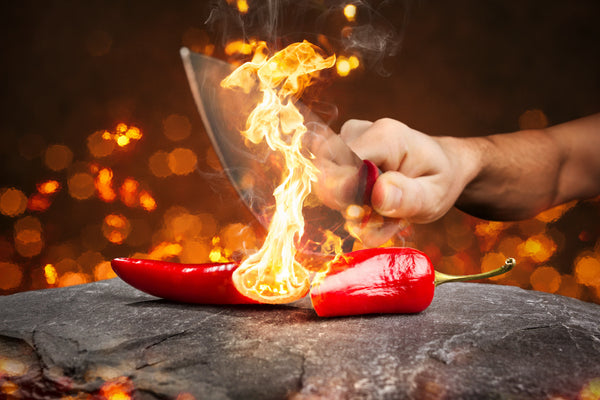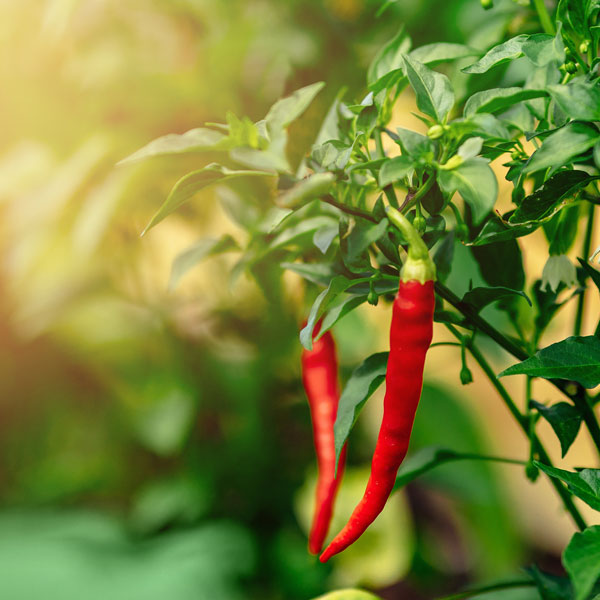
One of the best parts about starting Fuegorita has been all we have learned about different hot peppers. One of those is something called the Scoville Scale, which provides vital information for anyone working in the chili-pepper industry and everyone who loves spicy food
The scale is a way of measuring capsaicin, the component of chili peppers that gives them their varying levels of heat. It was developed by American pharmacist Wilbur Scoville, who designed the Scoville Organoleptic Test in 1912.
The test consists of drying a pepper, then dissolving an exact weight of it in alcohol to extract the capsinoids – heat components – that are then diluted in sugar water. Different concentrations are given to five trained tasters until at least three of them can detect no heat.
While pepper aficionados still like to know where their favorite peppers rank and how hot, hot, hot they can be, the ranking is imprecise because it depends upon the sensitivity of the people who test the peppers under consideration. Everyone’s palate is different, with all of us having different amounts of heat receptors in our mouths. There is also the problem of sensory fatigue, which means the palate can become desensitized after several tastings. The upshot is that several laboratories testing the same peppers can come up with vastly different results.
Since the 1980s more accurate calculations have been produced by high-performance liquid chromatography, which measures the amount of heat-producing chemicals in a pepper and uses a mathematical formula that weights them according to the amount of heat they produce. The results are reported not in Scoville units but in American Spice Trade Association pungency units.
The place to learn more than we ever thought possible about peppers is at the Chile Pepper Institute at New Mexico State University in Las Cruces. The chili pepper is New Mexico’s state vegetable, but they examine and report on hundreds of peppers from around the world at the Fabian Garcia Horticultural Center – named for the horticulturalist who began standardizing varieties of chili peppers in 1888. Currently they’re saying the Bhut Jolokia is the hottest pepper in the world.
With all that in mind, we’ve asked them to take a look at Fuegorita to see where we rank on the heat scale. Watch this space to find out what they have to say.



Tony Winders
Author